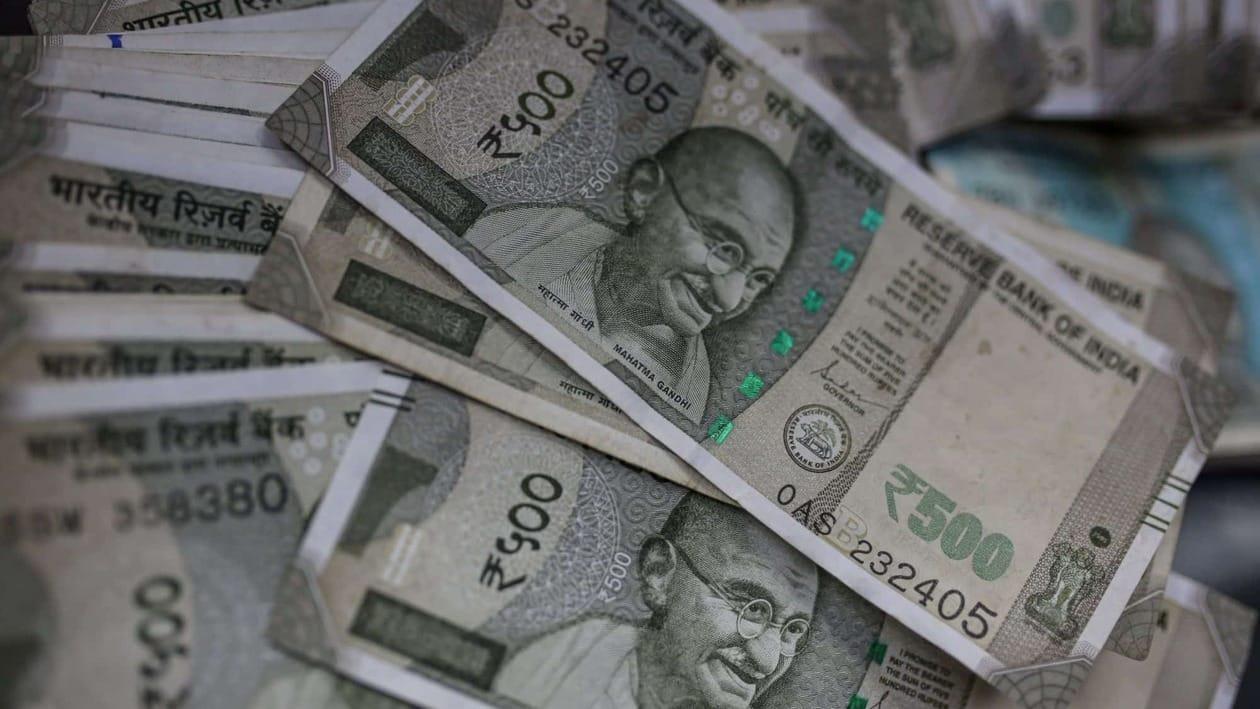At the beginning of the year, shares of City Union Bank started weakly. It lost 18% of its value in the first two months of 2022, continuing in the same direction through the end of June. However, since the beginning of July, the buying momentum has picked up, and the stock has started to rise steadily, increasing by nearly 54% to date.
During Wednesday's trade, the stock set a new 52-week high of ₹194.4. During the same day, the stock recorded a volume of 69.0 million on both the NSE and BSE, a 3.74 times surge over its average weekly volume of 18.4M.
Despite such strong gains in the last three months, domestic brokerage firm IDBI Capital is still bullish on the stock. It has given a 'buy' tag on City Union Bank with a target price of ₹230/share, which hints towards an upside potential of 24% from the previous closing price.
City Union Bank’s asset quality got impacted due to Covid-19 with GNPA at 5.6% in Q1FY22 as against 3% in FY19 (pre-Covid-19). With little impact from the third wave, economic growth and recovery, combined with a focus on collection efficiency, improved asset quality. According to IDBI Capital, GNPA fell to 4.7% by the end of FY22, owing to higher recoveries/upgrades (including write-offs) as against fresh new slippages.
Management guided for upgrades and recoveries that will be higher than fresh additions going forward, which should result in a further decline in GNPA. Pre- Covid, slippage ratio has been in the range of 2.1–2.2% (FY16–19), which increased to 3.2–3.3% (FY20–22). Management guided for the slippage ratio to come down towards pre -Covid levels (2%-2.2%) by FY23.
According to IDBI capital analysis, under the best case scenario, slippages could hit 15% in the next two years (FY23-24), and under the base case scenario, slippages could reach 30%, and in the worst case scenario, the slippages may drop to 40%.
In the base case scenario, it expects the ROA to reach pre-Covid levels of 1.5% by FY24, which should support a re-rating of the valuation towards pre-Covid levels (traded at an average of 2.2X P/BV between FY15-19; pre-Covid).
Tamil Nadu forms an important state for the bank, which comprises 66% (Q1FY23) of total loans outstanding as of Q1FY23. Empirical data suggests that the bank shares a positive correlation with both the GDP growth of Tamil Nadu (Ex-FY20: 0.81) as well as that of the credit growth in Tamil Nadu (Ex-FY20: 0.36). From FY15 to FY22, there was only one occasion where the growth rate was lower for the bank (FY19–20–Covid Crisis). Apart from that, the bank’s credit growth has always surpassed the growth rate in GDP as well as that of credit growth in the state of Tamil Nadu, said the brokerage.
IDBI Capital said the bank’s loan book growth has not only outperformed the overall banking industry but is also in the top quartile among its peers. The banks' credit has grown by around 11% CAGR in the last 5 years, surpassing the credit growth of mid-cap banks such as Karur Vysya Bank, Karnataka Bank, and South Indian Bank.
CUB has a strong presence in the MSME, retail, and wholesale customer segments, according to the brokerage firm. The portfolio comprises more than 50% of the overall advance book of the bank. This segment has been delivering higher yields and is backed by high-quality residential property and a personal guarantee.
With more than 99% of the loan book being secured in nature, CUB has stepped into unsecured lending with the issuing of CUB Visa Credit Cards to its existing customers. The new credit card is equipped with all the latest features in the industry.
Meanwhile, deposits for the past 10 years have grown at a CAGR of over 11% (FY12–22), led by strong growth in saving deposits, which grew by around 20% during the same period, it added.
IDBI capital noted that the Bank's decade of experience in the segment, coupled with superior client service and retention, will help it to minimize its acquisition costs. The management is very clear in terms of their core areas of focus and highlighted the fact that they would not be focusing on high-yielding risky asset portfolios in the segment and would continue to stick to its existing segment where they have been focusing in the past. The segment has grown by more than 15 CAGR over the last decade and the bank expects to continue at the same pace, thereby enabling it to generate a consistent return with superior RoA and RoE.
City Union Bank is one of the oldest private sector banks with a legacy of over 115 years. The bank’s main focus is to lend to MSMEs, retail and wholesale trade with a granular asset portfolio, including providing short-term and long-term loans to the agriculture sector. The bank currently has 660 branches with 90% of its branch presence in South India, out of which 78% of its branches are in Tamil Nadu.
An average of 21 analysts polled by MintGenie have a 'buy' call on the stock.
Disclaimer: The views and recommendations made above are those of individual analysts or broking companies, and not of MintGenie.
